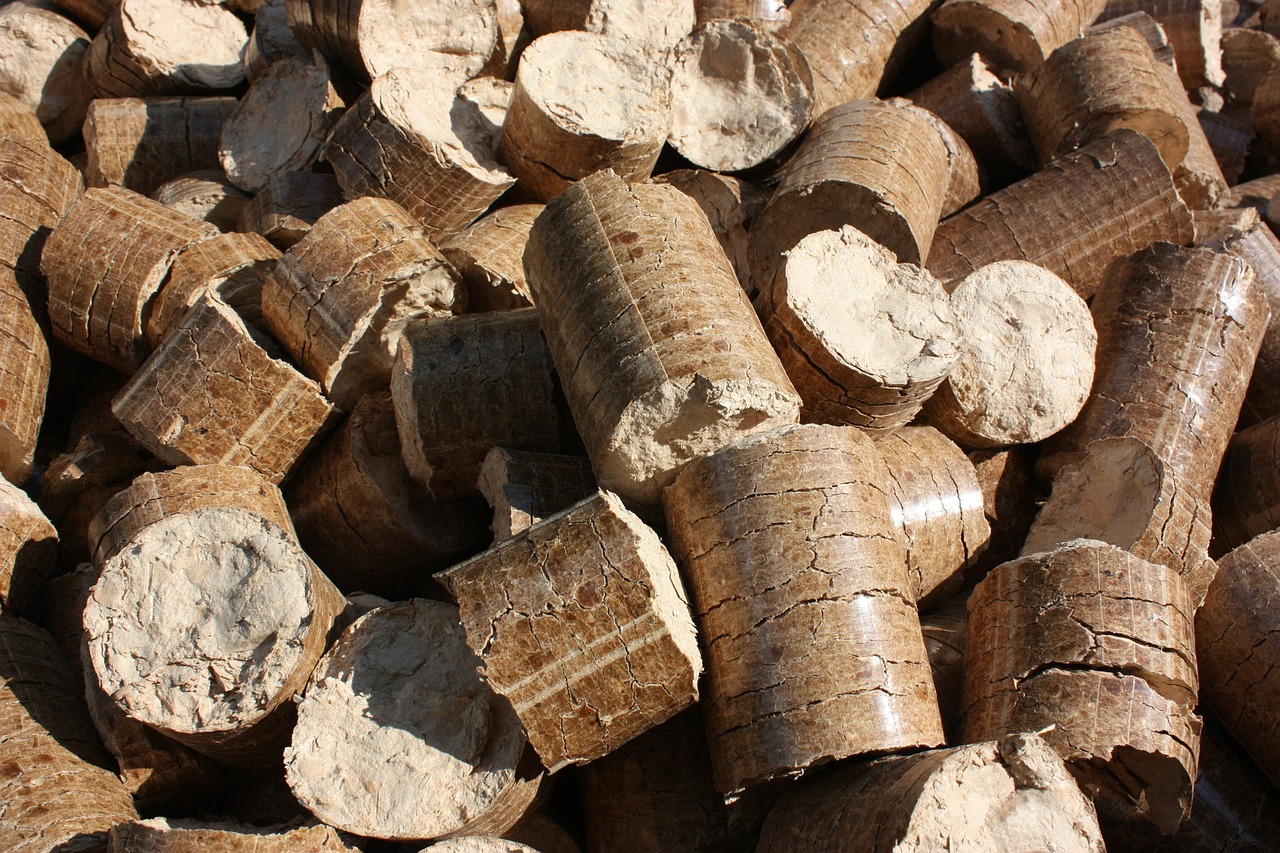Wood Pellet Market Expands To Minimize Greenhouse Gas Emissions

The demand for wood pellets is getting a boost. As global warming awareness reaches new heights and greenhouse gas emissions are minimized, governments the world over are moving to lower their climate change impact.
To encourage the adoption of renewable resources, tax incentive programs are being offered all across the globe. These incentives include state sales tax exemption, corporate income tax deduction, local property tax exemption, and state income tax credit, to name a few.
It’s no surprise then that wood pellets are increasing in popularity for their heating applications. Since this process takes us away from dependence on non-renewable fossil fuels, heating applications of wood pellets are good for the environment and the wood pellet market.
By using biomass for heating applications in both residential and industrial establishments, the pellet fuel global market is expanded and boosted.
What Is Biomass?
Biomass energy refers to energy produced by a material that is living or was recently alive. Wood is one such material. The use of biomass as an energy source is encouraged because it minimizes our dependency on non-renewable fossil fuels. The use of wood pellets as a biomass energy source is a sustainable and beneficial act that adheres to responsible agriculture and forestry practices.
When it comes to considering a carbon footprint, biomass energy is ideal because it creates something called a “closed carbon cycle.” A closed carbon cycle occurs because biomass material takes carbon as it grows but returns the carbon when it’s burned. Thus, a closed cycle.
Wood pellets are just one example of biomass energy that contributes to and encourage environmentally-friendly practices.
Use Of Wood Pellets Incentivized
Talk of climate change, carbon footprints, and sustainability are ubiquitous. In response, governments are offering both support and incentives to non-profits, businesses, and organizations that engage in responsible operating practices.
This support comes not only in the form of tax incentives, but also from subsidies, grants, funding programs, and the modified accelerated cost recovery system (MACRS).
These incentives and programs are giving the wood pellets market a boost. Such a heavy focus on renewable energy sources and environmental responsibility will only benefit the global wood pellets market in the months and years to come.
Noteworthy Developments In Wood Pellets Market
Below are some further developments in the global wood pellet market:
- U.S.-based pallet manufacturer PalletOne, Inc. acquired North East Texas Pallet, improving both the customer service experience and efficiency.
- South Alabama-based Westervelt Company expanded its lumber manufacturing capacity and is set to produce 250 million feet of lumber per year.
- AAR won an order from USAF worth $27.5 million for cargo pallets.
The global wood pellets market is expected to be valued at around $14.5 billion by 2027. Wide use in heating applications and the current popularity of pellet fuel as an ethical, environmentally-friendly practice should continue to drive the market.
Although solar and wind energy has received a lot of attention in recent years, biomass energy is still less capital-intensive and therefore more appealing in many sectors.










Leave a Reply